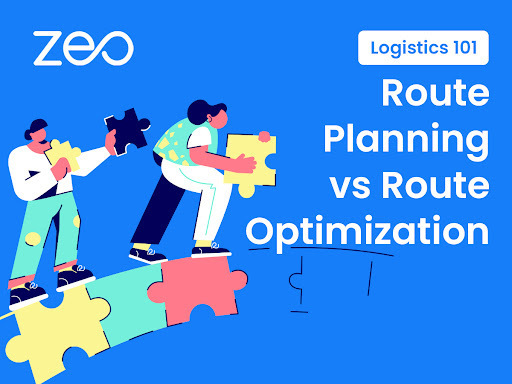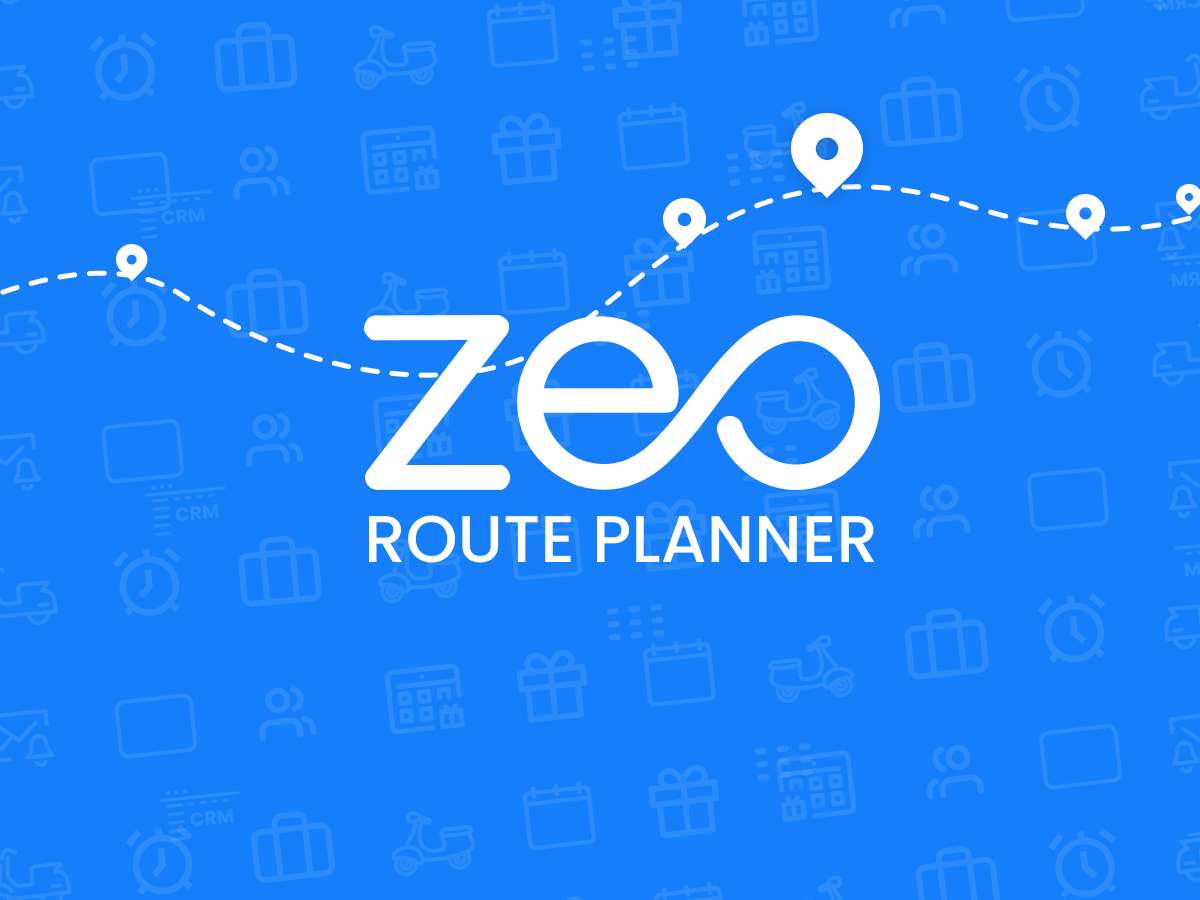Mastering the art of route management is critical in the complicated and interrelated world of logistics, where efficiency can make or destroy a corporation. Route planning and route optimization are two essential ideas in this domain. While they may appear identical at first, they serve diverse functions and have varying degrees of effect on your operations.
In this detailed blog article, we’ll explore the complexities of route planning and route optimization, exploring their benefits, highlighting their distinctions, and answering some frequently asked concerns.
Let’s begin.
What is Route Planning?
Route planning is the foundational process of charting a course for your delivery vehicles or service personnel. At its core, it involves mapping out a sequence of stops and determining the order in which they should be visited. This can be done manually, semi-automatically, or with the assistance of basic software. The primary goal of route planning is to establish a basic framework for your logistics operations, considering factors such as distance, traffic conditions, and time constraints.
In essence, route planning serves as the initial blueprint for your deliveries or service routes, providing a starting point from which you can work. However, it often lacks the sophistication required to achieve optimal efficiency.
What is Route Optimization?
Route optimization, on the other hand, is the next level of logistics management. It represents the art and science of fine-tuning your delivery routes to maximize efficiency and productivity. Route optimization leverages advanced algorithms and software solutions to analyze many variables and make real-time adjustments. The primary objective here is to get from point A to point B in the most cost-effective, time-efficient, and environmentally friendly manner possible.
What are the Advantages of Route Optimization
Route optimization is a powerful logistics and transportation management idea offering numerous advantages for businesses of all sizes and industries. Here are some of the key advantages of route optimization:
- Increased Efficiency: One of the most apparent advantages of route optimization is the significant boost in efficiency. By identifying the shortest and quickest paths to destinations, it minimizes travel time, which, in turn, reduces fuel consumption and emissions.
- Better Productivity: When routes are optimized, your drivers or service personnel can complete more stops or tasks in less time. This translates into higher output, increased revenue potential, and a happier, more motivated workforce.
- Flexibility: The beauty of route optimization software lies in its adaptability. It can respond to unforeseen circumstances like traffic congestion, road closures, or last-minute orders by dynamically adjusting routes. This flexibility ensures that your operations run smoothly even in the face of disruptions.
- Cost Savings: Reduced fuel consumption, lower maintenance costs, and greater labor efficiency contribute to significant cost savings. Route optimization is a practical way to cut operational expenses without compromising service quality.
- Customer Satisfaction: Faster and more reliable deliveries are the keys to customer satisfaction. Meeting delivery promises and offering shorter delivery windows can set you apart from competitors and build long-lasting customer relationships.
Read more: 9 Best Customer Retention Strategies for Delivery Businesses
Route Planning vs. Route Optimization
Let’s take a more detailed look at the differences between route planning and route optimization with a comprehensive breakdown:
| Aspect | Route Planning | Route Optimization |
| Process | Manual or semi-automated | Automated, algorithm-based |
| Complexity | Basic | Advanced |
| Focus | Establishing a basic framework | Fine-tuning for optimal efficiency |
| Real-time adjustments | Limited | Dynamic and adaptive |
| Optimization potential | Limited cost savings | Significant cost savings |
| Adaptability | Limited to planned routes | Flexibility in changing conditions |
FAQs
- What is the main difference between route optimization and route planning?
The primary distinction lies in the level of automation and sophistication. Route planning is often a manual or semi-automated process that creates a basic routing framework. In contrast, route optimization is an advanced, automated process that continuously fine-tunes routes in real time for maximum efficiency and cost savings. - How does route optimization software save business costs?
Route optimization software saves costs by minimizing fuel consumption, reducing maintenance expenses, and optimizing labor hours. It accomplishes this by selecting the most efficient routes for each delivery, considering factors like traffic conditions, vehicle capacity, and delivery windows.
Read more: How to Choose the Right Delivery Management Software?
Seamlessly Execute Delivery Operations with Zeo
While route planning is a fundamental step in logistics, route optimization is the key to unlocking significant cost savings, productivity gains, and customer satisfaction. Embracing the latest technology and software solutions in this field can give your business a competitive edge in the ever-evolving world of logistics.
Additionally, if you’re eager to take your logistics operations to the next level, consider implementing a route optimization solution like Zeo Route Planner. With Zeo, you can harness the power of cutting-edge algorithms and real-time data to streamline your delivery operations, reduce costs, and exceed customer expectations. Say goodbye to manual route planning headaches and hello to the future of logistics efficiency.
Book a free demo to learn more!























